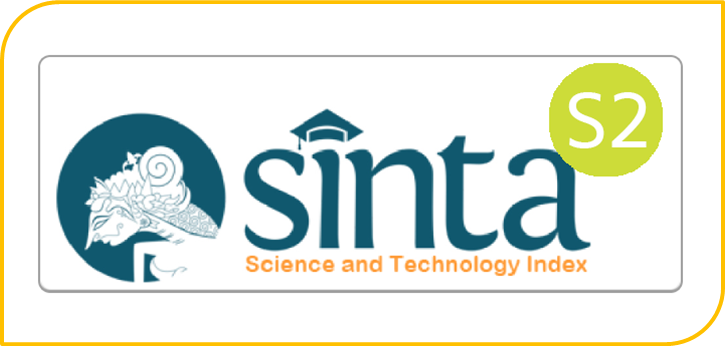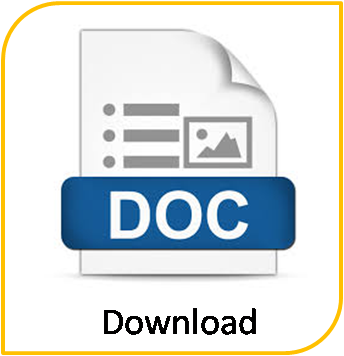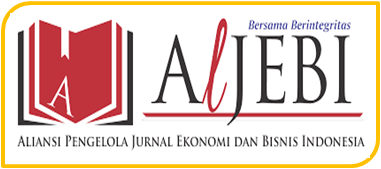Analisis model pengelolaan zakat dan wakaf (Studi Yayasan Yatim Mandiri Cabang Malang)
Abstract
Keywords
Full Text:
PDFReferences
Aula, Muhammad Abbas. Q012). "Pemberdayaan Umat Melalui Lembaga Wakaf”. ]umal Wakaf dan Ekonomi Islam VoI. V,Nomor 2, Juli 2012.
Barohima, Anwar.2008. Kedudukan Yayasan di Indanesia: Eksistensi, tujuan, dan tanggung jawab Yayasan. Jakarta: KENCANA.
Fakhruddin. 2008.Fiqh dan Manajemen Zakat di lndonesia. Malang: UIN Pres grahasedekah.ilmifoundation.or.id.
Ismawati, 2007, Penyelesaian Sengketa Tanah Wakaf; Studi Terhadap Tanah Wakaf Banda Masjid Agung Semarang, tesis tidak dipublikasikan, Program Studi Kenotariatan, Program Pascasarjana Undip.
Moleong, L.2006.Metodalogi Penelitian Kualitatif, Edisi Revisi. Bandung: Penerbit Remaja Rosdakarya.
Nurhayati, Sri.20l5.Akuntansi Syariah di Indonesia Edisi 4. Jakarta: Salemba Empat.
Nawawi, Ismail.2010.Znkat- Dalam Perspektif Fiqh, Sosial, dan Ekonomi. Surabaya: Putra Media Nusantara.
Sudarsono, Heri 2008. Bank Lembaga Keuangan Symiah : Deskripsi dan Ilustrasi, Ekonisia, Yogyakarta.
Analisa Model Pengelolaan Zakat dan Wakaf.
Supardi.2005. Metodologi Penelitian Ekonomi dan Bisnis, Edisi Pertama. Yogyakarta: Penerbit UII Press.
Sutami. (2012). "Perkembangan Wakaf Produktif di Indonesia”. ]urnal Wakaf dan Ekonomi Islam Vol. V Nomor 2, Juli 2012.
Tulus. 2003. Pedoman Pengelolaan dan PEngembangan Wakaf. Jakarta: Direktorat ]endral Bimbingan Masyarakat Islam.
Zuhaili, Wahbah, a1-2006. Al Fiqh at-lilami wa'Adillatuhu. Damaskus:Dar al-Fik.
DOI: https://doi.org/10.18860/ed.v4i2.5459
Refbacks
- There are currently no refbacks.
Editorial Office:
Megawati Soekarnoputri Building
Faculty of Economics
E-mail: eldinar@uin-malang.ac.id
Universitas Islam Negeri Maulana Malik Ibrahim Malang
E-ISSN 2622-0083

El Dinar under a CC BY SA 4.0 International License.
Member of:
Indexed By:
















